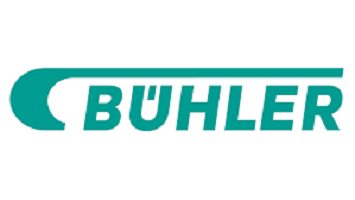
Google announced it added new generative AI-powered capabilities to its Vertex AI platform for health and life sciences companies to search patient data, including clinical sources like FHIR data and clinical notes, which can be combined with its medical large language model Med-PaLM 2.
Vertex AI is a search engine that allows organizations to build their own generative AI-enabled search engines for customers, and Med-PaLM is a generative AI technology that utilizes Google’s LLMs to answer medical questions.
The new Vertex AI Search feature can be combined with Med-PaLM 2, allowing providers to find answers to medical questions pertaining directly to a patient’s medical records and obtain answers to general medical questions.
The capabilities build on Vertex AI’s ability to set up conversational search applications and question-answering capabilities.
The feature, which will support HIPAA compliance, integrates Google Cloud’s Healthcare API and Healthcare Data Engine and Google Health’s pilot product Care Studio and is available now for trial by healthcare and life sciences companies.
The tech giant says the offering will help address the growing workforce shortage in the healthcare industry, relieve administrative burden and physician burnout, and give customers the ability to retrieve accurate clinical information to make more informed decisions.
“Bringing Google-quality, gen AI search capabilities across an organization’s entire ecosystem, including EHRs, has the potential to dramatically improve efficiencies, provide clinical decision support, and increase the quality of care clinicians can give patients,” Burak Gokturk, VP and general manager of Cloud AI and industry solutions for Google Cloud, said in a statement. “Making Vertex AI Search more useful for healthcare and life science organizations is a priority for us because we know that having the right information and insights at the right time can make all the difference in health.”
THE LARGER TREND
Med-PaLM 2 was tested on U.S. Medical Licensing Examination-style questions in March and performed at an “expert” test-taker level with 85%+ accuracy. The LLM also received a passing score on the MedMCQA dataset, a multiple-choice dataset designed to address real-world medical entrance exam questions.
One month later, Google announced it would make Med-PaLM 2 available to select Google Cloud customers for limited testing, to explore use cases and to share feedback.
In July, a study performed by Google researchers and published in Nature revealed that Med-PaLM provided long-form answers aligned with the scientific consensus on 92.6% of questions submitted, aligning with clinician-generated answers at 92.9%.
Credit: Source link









